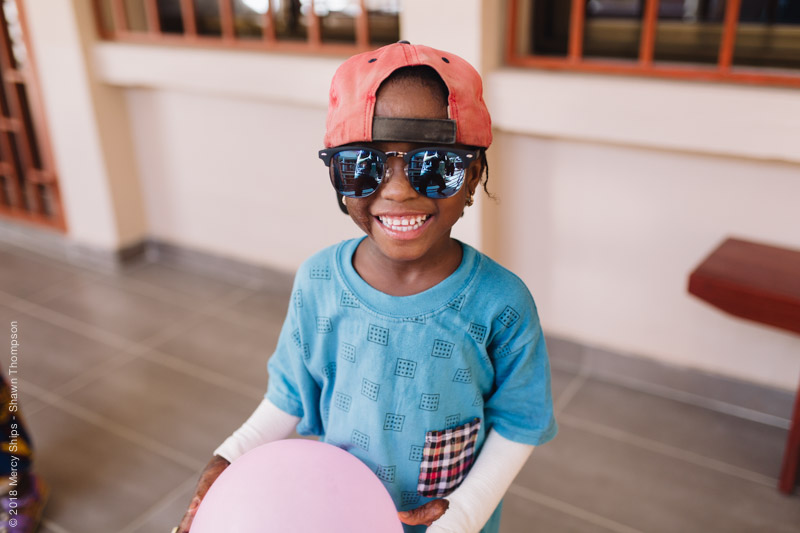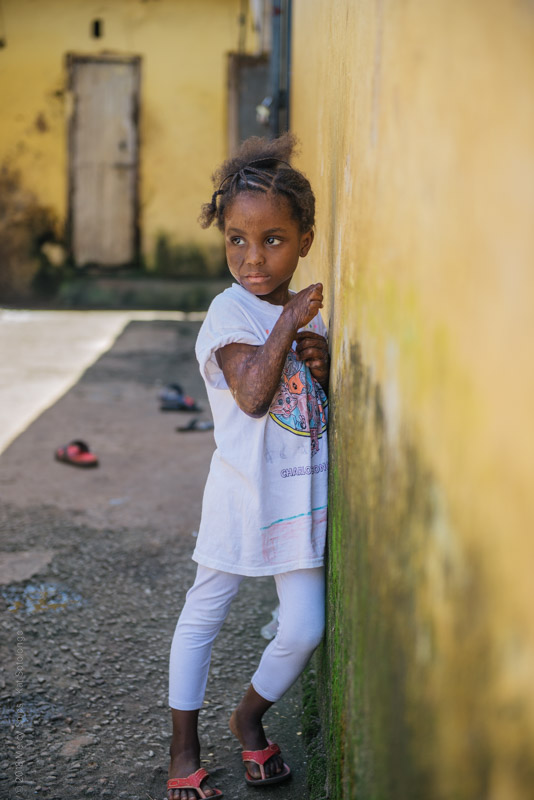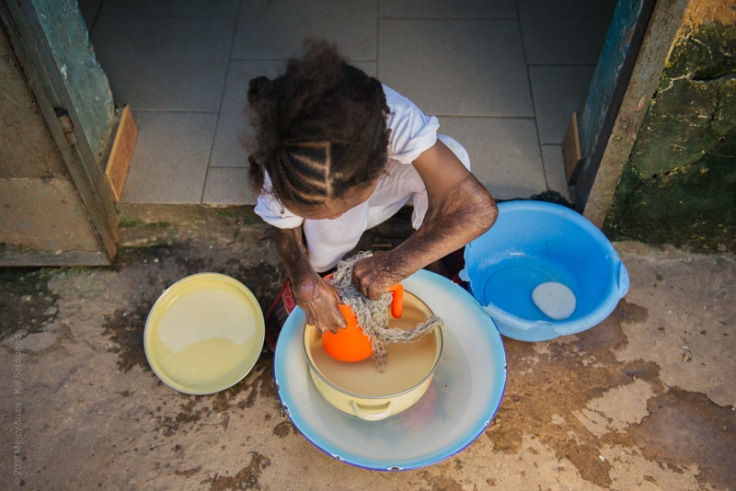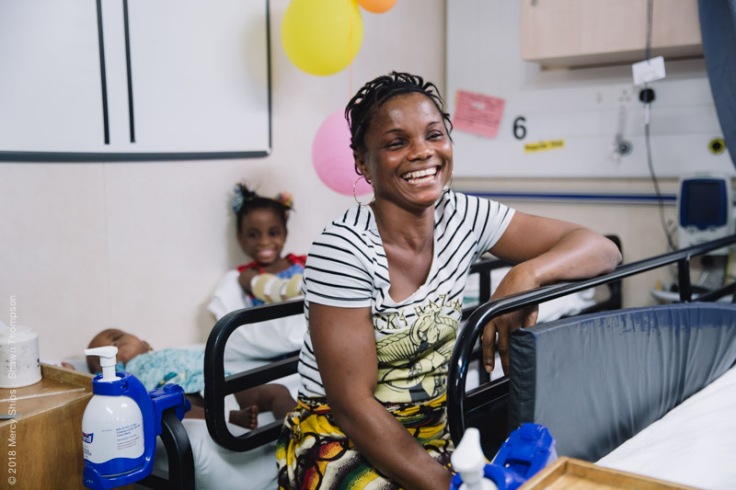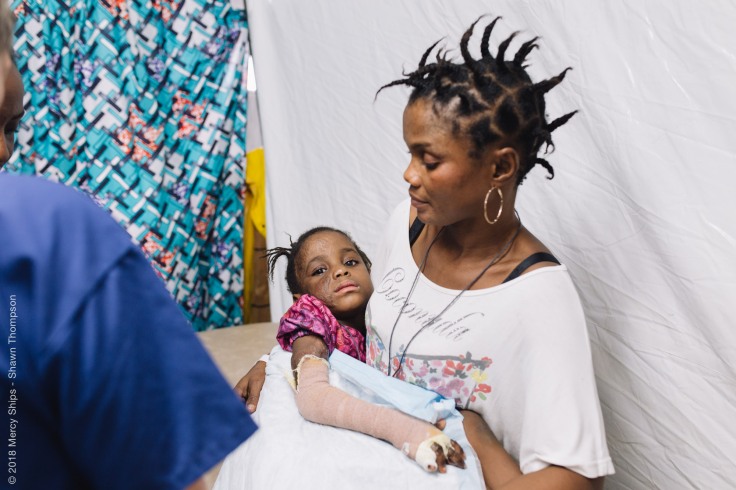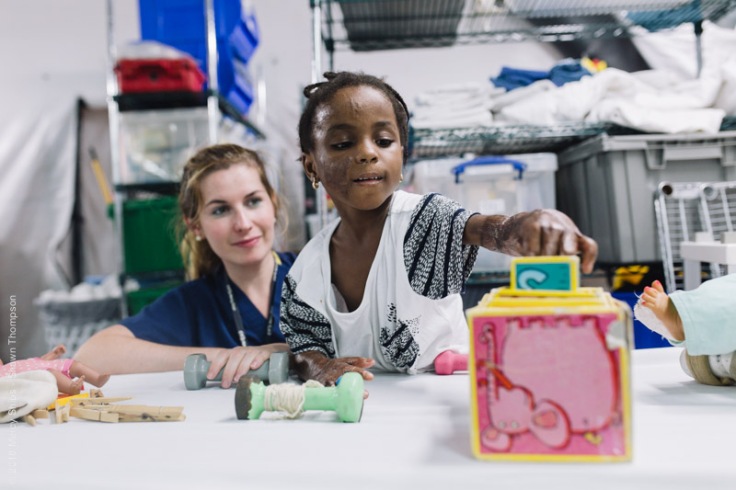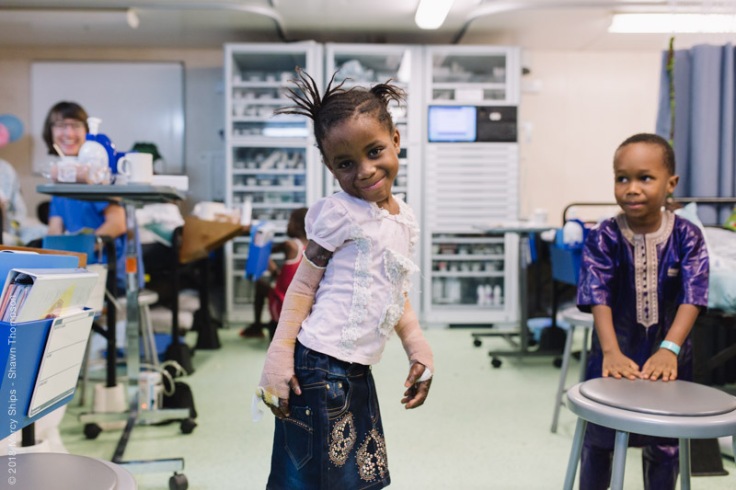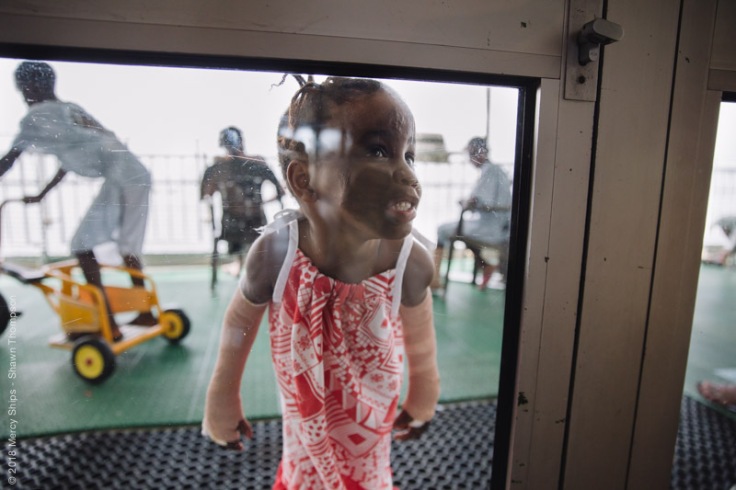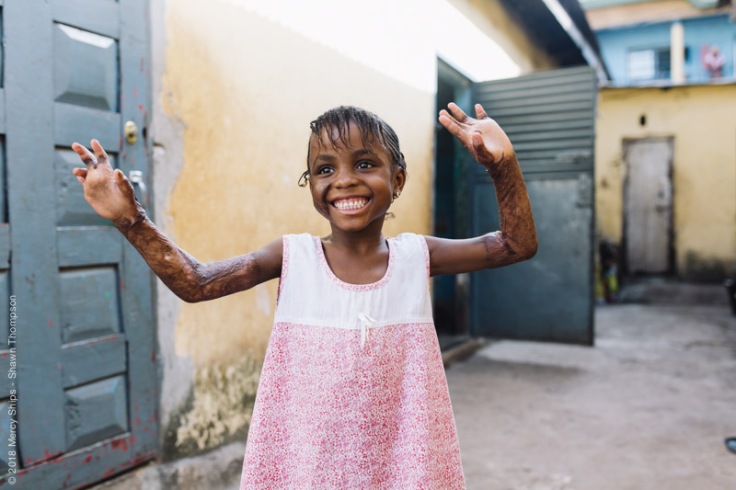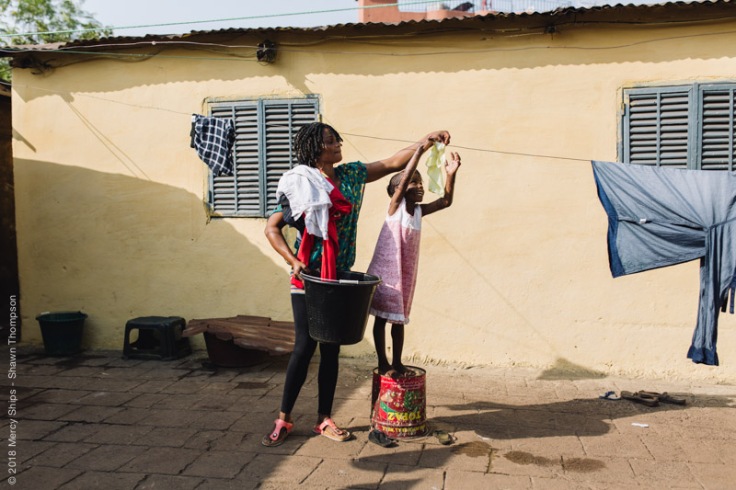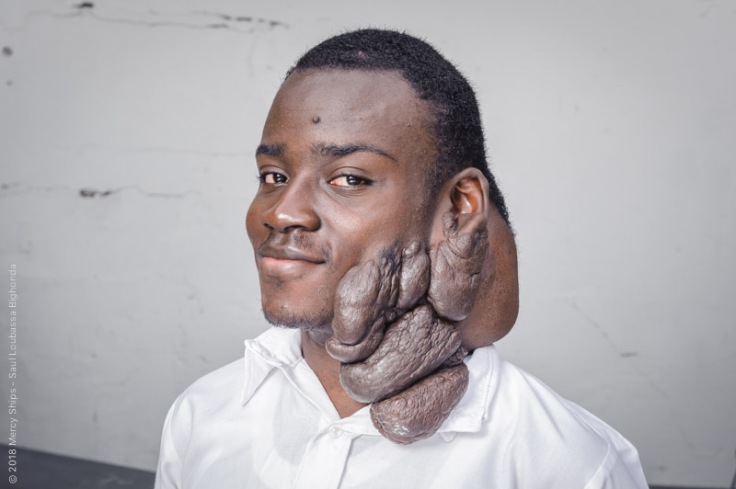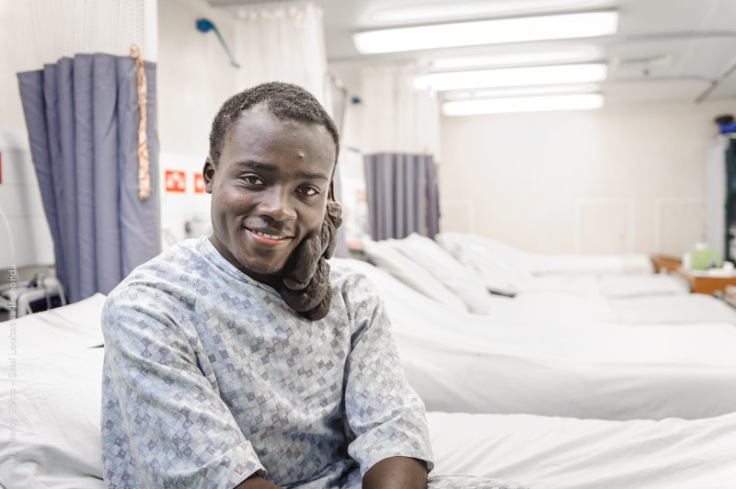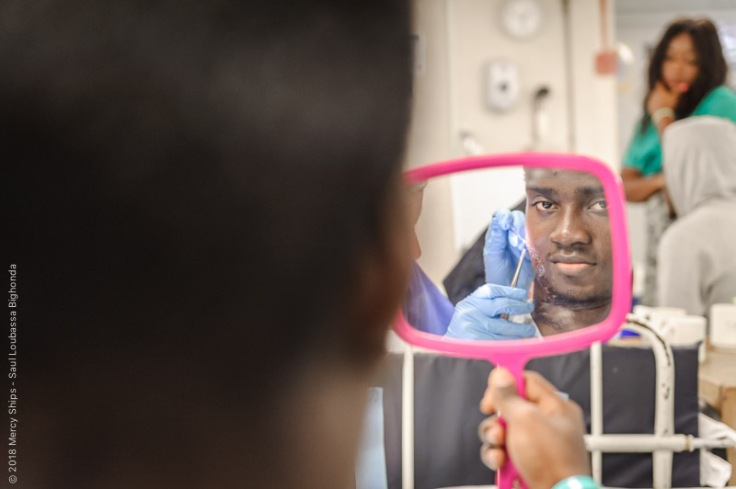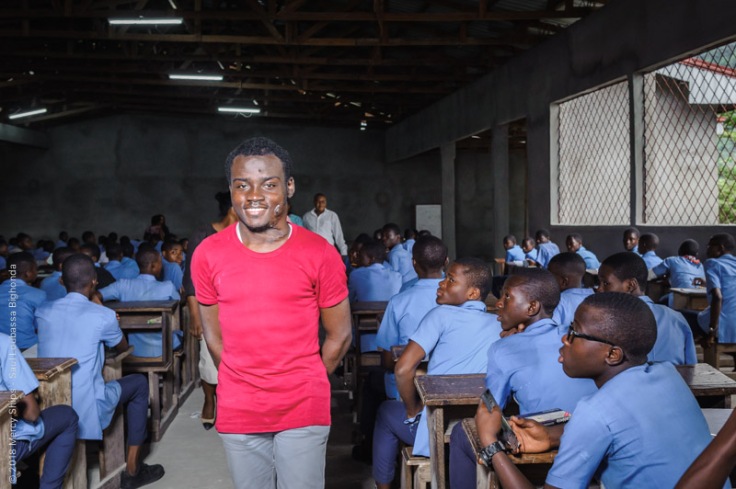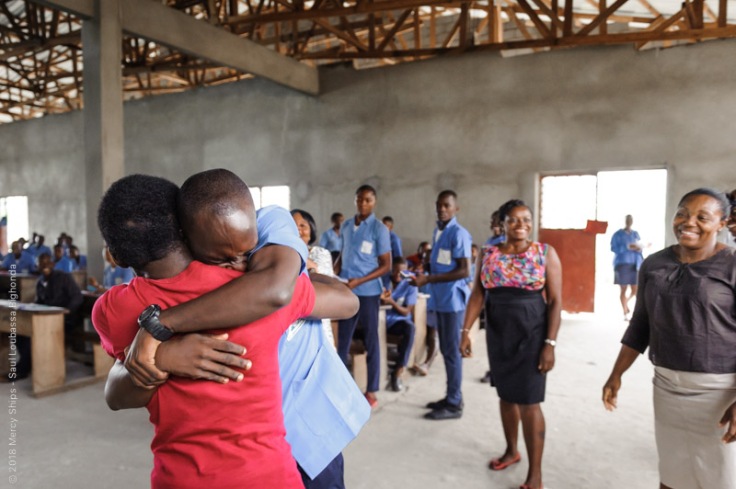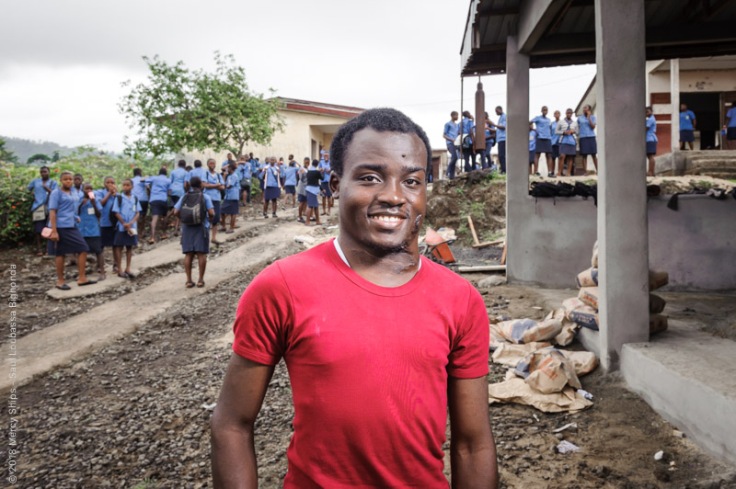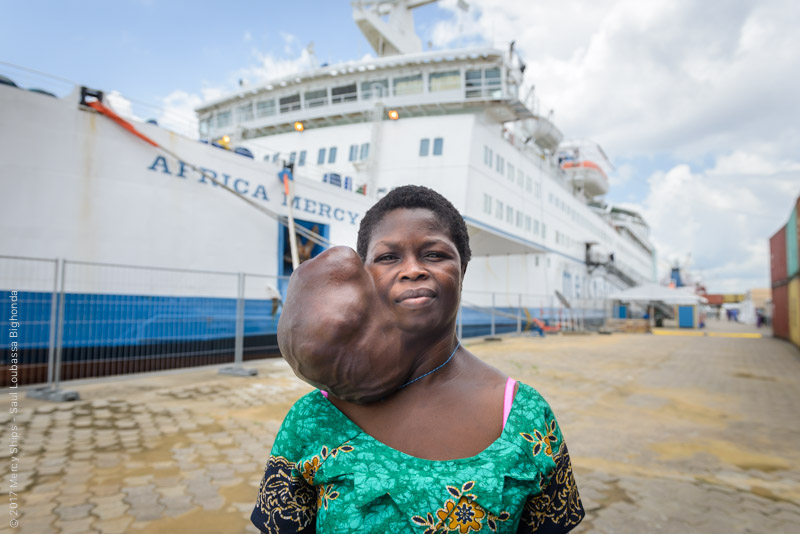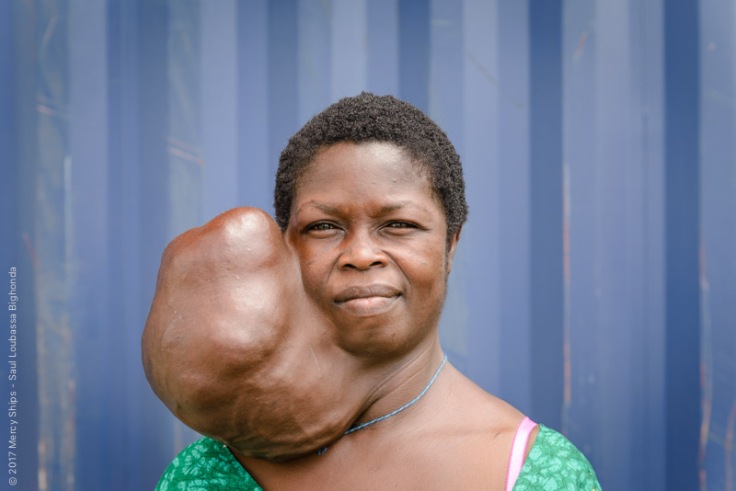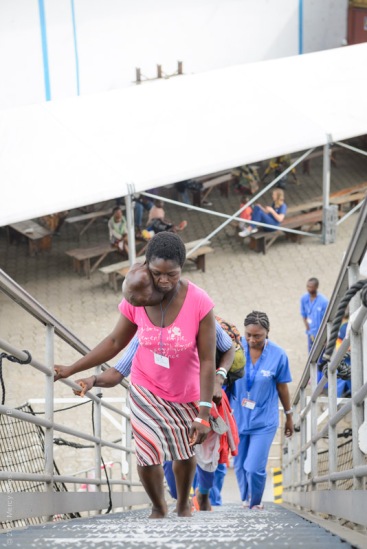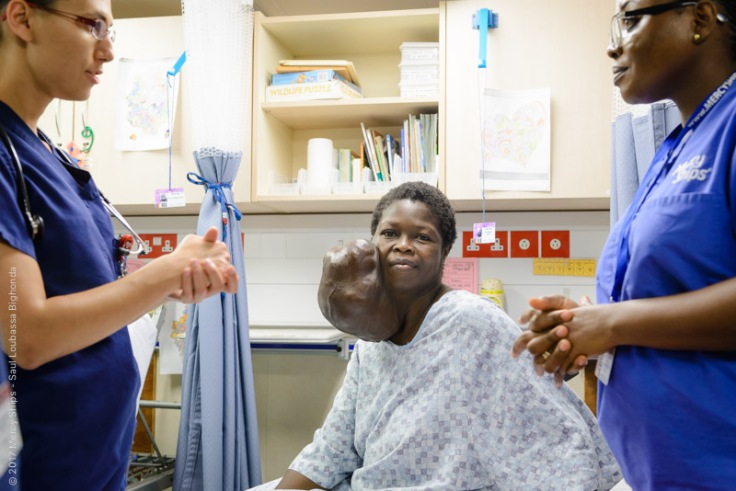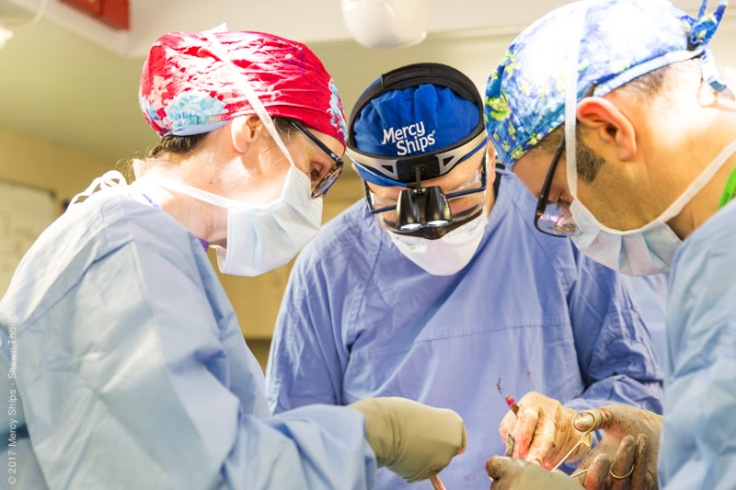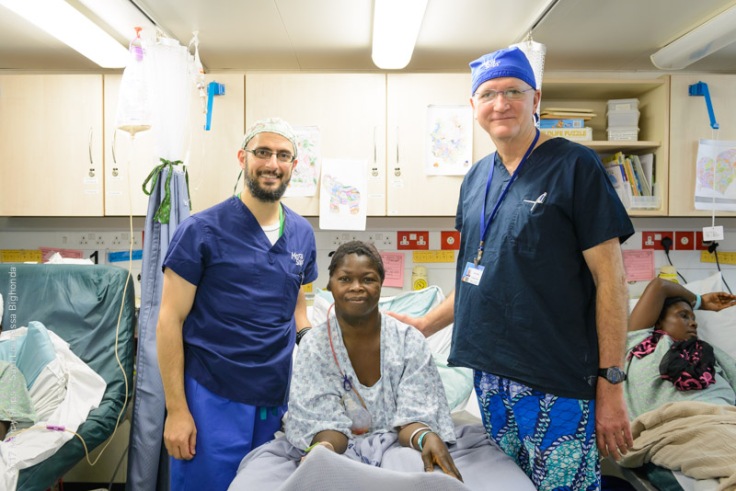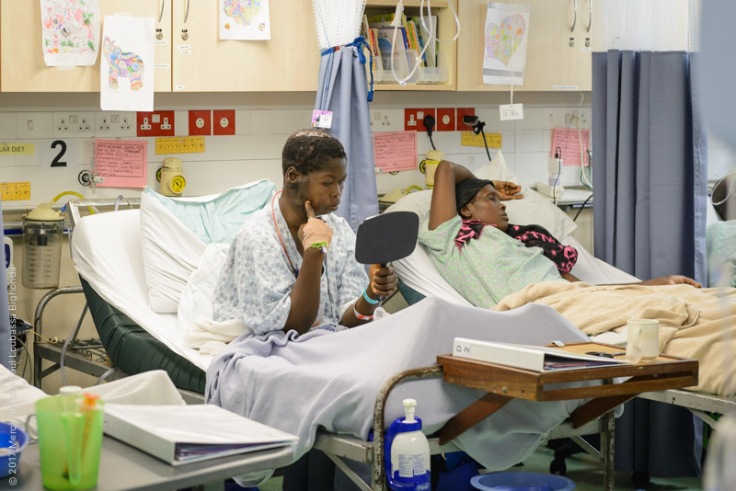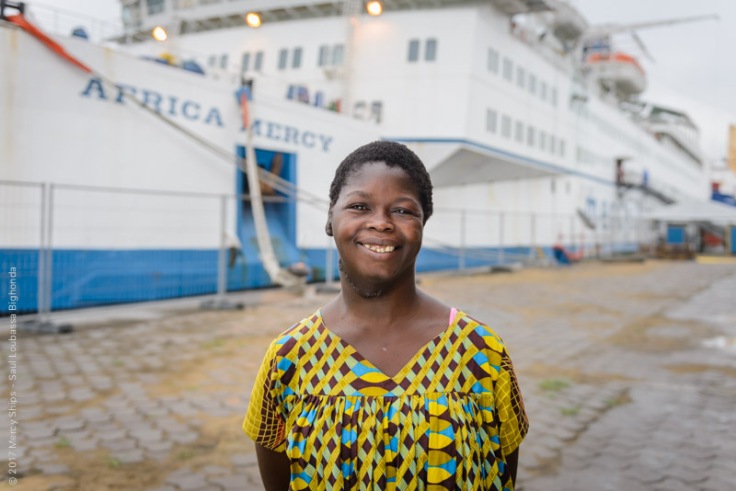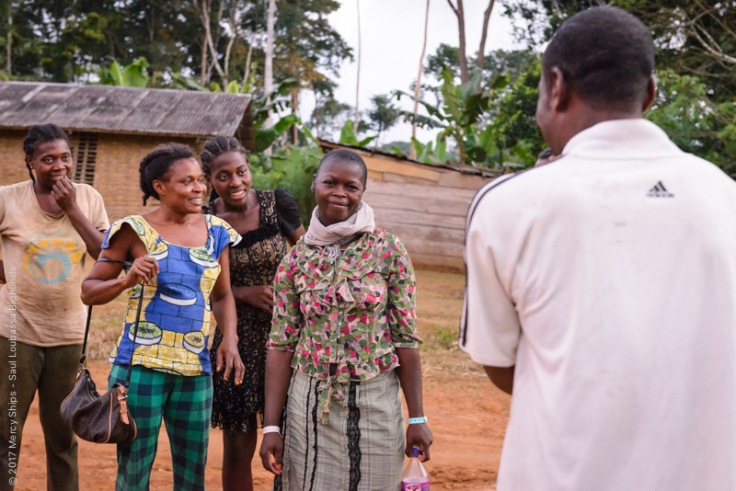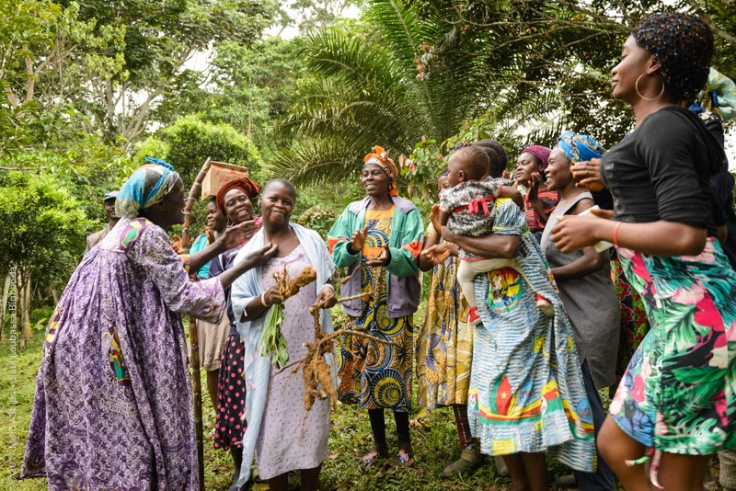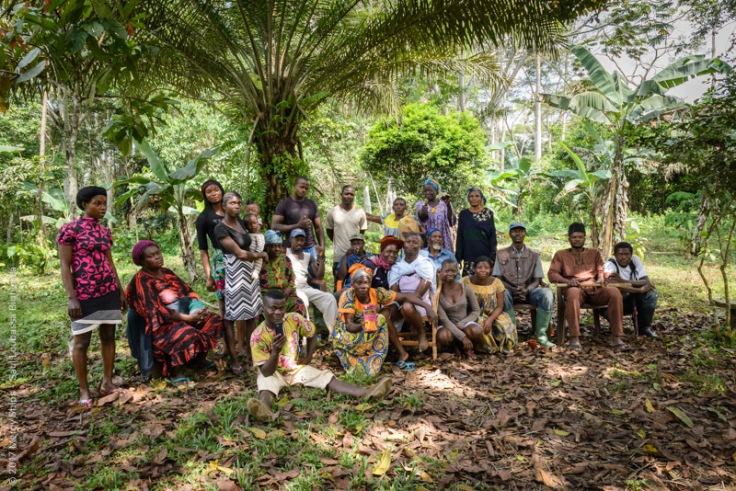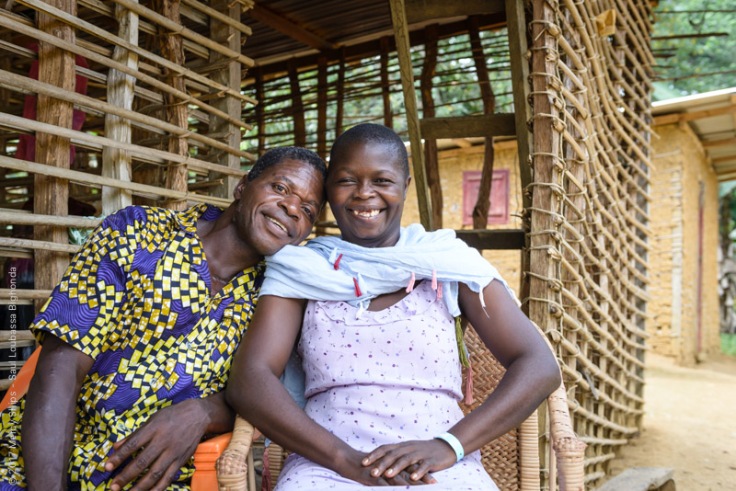After CPR-PR class on Friday, Paul said he had an article he wanted me to read. I read it and thought it would be good to share here. It's long, but I think it's worth the read. Enjoy!
Twenty years ago, in Nashville, Tennessee, during the first week of
January, 1996, more than 4,000 baseball coaches descended upon the
Opryland Hotel for the 52nd annual ABCA's convention.
While I waited in line to register with the hotel staff, I heard other
more veteran coaches rumbling about the lineup of speakers scheduled to
present during the weekend. One name kept resurfacing, always with the
same sentiment — “John Scolinos is here? Oh, man, worth every penny of
my airfare.”
Who is John Scolinos, I wondered. No matter; I was just happy to be there.
In 1996, Coach Scolinos was 78 years old and five years
retired from a college coaching career that began in 1948. He shuffled
to the stage to an impressive standing ovation, wearing dark polyester
pants, a light blue shirt, and a string around his neck from which home
plate hung — a full-sized, stark-white home plate.
Seriously, I wondered, who is this guy?
After speaking for twenty-five minutes, not once mentioning
the prop hanging around his neck, Coach Scolinos appeared to notice the
snickering among some of the coaches. Even those who knew Coach
Scolinos had to wonder exactly where he was going with this, or if he
had simply forgotten about home plate since he’d gotten on stage. Then,
finally …
“You’re probably all wondering why I’m wearing home
plate around my neck,” he said, his voice growing irascible. I laughed
along with the others, acknowledging the possibility. “I may be old,
but I’m not crazy. The reason I stand before you today is to share with
you baseball people what I’ve learned in my life, what I’ve learned
about home plate in my 78 years.”
Several hands went up when
Scolinos asked how many Little League coaches were in the room. “Do you
know how wide home plate is in Little League?”
After a pause, someone offered, “Seventeen inches?”, more of a question than answer.
“That’s right,” he said. “How about in Babe Ruth’s day? Any Babe Ruth coaches in the house?” Another long pause.
“Seventeen inches?” a guess from another reluctant coach.
“That’s right,” said Scolinos. “Now, how many high school
coaches do we have in the room?” Hundreds of hands shot up, as the
pattern began to appear. “How wide is home plate in high school
baseball?”
“Seventeen inches,” they said, sounding more confident.
“You’re right!” Scolinos barked. “And you college coaches, how wide is home plate in college?”
“Seventeen inches!” we said, in unison.
“Any Minor League coaches here? How wide is home plate in pro ball?”............“Seventeen inches!”
“RIGHT! And in the Major Leagues, how wide home plate is in the Major Leagues?
“Seventeen inches!”
“SEV-EN-TEEN INCHES!” he confirmed, his voice bellowing off
the walls. “And what do they do with a Big League pitcher who can’t
throw the ball over seventeen inches?” Pause. “They send him to
Pocatello !” he hollered, drawing raucous laughter. “What they don’t do
is this: they don’t say, ‘Ah, that’s okay, Jimmy. If you can’t hit a
seventeen-inch target? We’ll make it eighteen inches or nineteen
inches. We’ll make it twenty inches so you have a better chance of
hitting it. If you can’t hit that, let us know so we can make it wider
still, say twenty-five inches.'”
Pause. “Coaches… what do we
do when your best player shows up late to practice? or when our team
rules forbid facial hair and a guy shows up unshaven? What if he gets
caught drinking? Do we hold him accountable? Or do we change the rules
to fit him? Do we widen home plate? "
The chuckles gradually
faded as four thousand coaches grew quiet, the fog lifting as the old
coach’s message began to unfold. He turned the plate toward himself
and, using a Sharpie, began to draw something. When he turned it toward
the crowd, point up, a house was revealed, complete with a freshly
drawn door and two windows. “This is the problem in our homes today.
With our marriages, with the way we parent our kids. With our
discipline. We don’t teach accountability to our kids, and there
is no consequence for failing to meet standards. We just widen the
plate!”
Pause. Then, to the point at the top of the
house he added a small American flag. “This is the problem in our
schools today. The quality of our education is going downhill fast and
teachers have been stripped of the tools they need to be successful, and
to educate and discipline our young people. We are allowing others to
widen home plate! Where is that getting us?”
Silence.
He replaced the flag with a Cross. “And this is the problem in the
Church, where powerful people in positions of authority have taken
advantage of young children, only to have such an atrocity swept under
the rug for years. Our church leaders are widening home plate for
themselves! And we allow it.”
“And the same is true with our government. Our so-called representatives
make rules for us that don’t apply to themselves. They take bribes from
lobbyists and foreign countries. They no longer serve us. And we
allow them to widen home plate! We see our country falling into a dark
abyss while we just watch.”
I was amazed. At a
baseball convention where I expected to learn something about curve
balls and bunting and how to run better practices, I had learned
something far more valuable.
From an old man with home
plate strung around his neck, I had learned something about life, about
myself, about my own weaknesses and about my responsibilities
as a leader. I had to hold myself and others accountable to that which
I knew to be right, lest our families, our faith, and our society
continue down an undesirable path.
“If I am lucky,”
Coach Scolinos concluded, “you will remember one thing from this old
coach today. It is this: "If we fail to hold ourselves to a higher
standard, a standard of what we know to be right; if we fail to hold our
spouses and our children to the same standards, if we are unwilling or
unable to provide a consequence when they do not meet the standard; and
if our schools & churches & our government fail to hold
themselves accountable to those they serve, there is but one thing to
look forward to …”
With that, he held home plate in
front of his chest, turned it around, and revealed its dark black
backside, “…We have dark days ahead!.”
Note: Coach
Scolinos died in 2009 at the age of 91, but not before touching the
lives of hundreds of players and coaches, including mine. Meeting him
at my first ABCA convention kept me returning year after year, looking
for similar wisdom and inspiration from other coaches. He is the best
clinic speaker the ABCA has ever known because he was so much more than a
baseball coach. His message was clear: “Coaches, keep your players—no
matter how good they are—your own children, your churches, your
government, and most of all, keep yourself at seventeen inches."
And this my friends is what our country has become and what is wrong with it today, and now go out there and fix it!
"Don't widen the plate."
